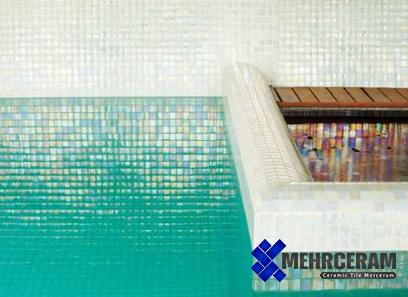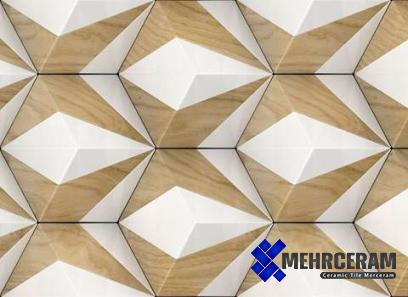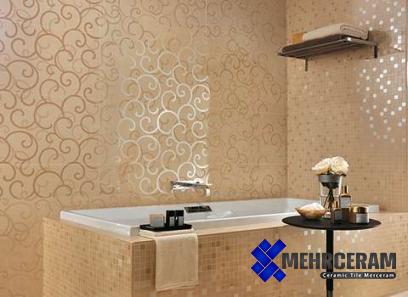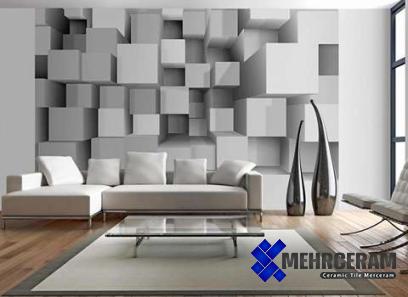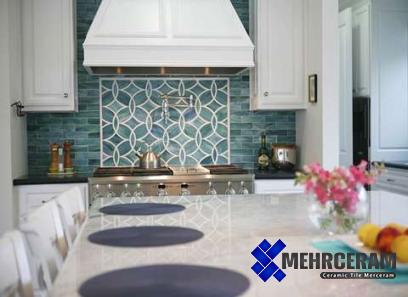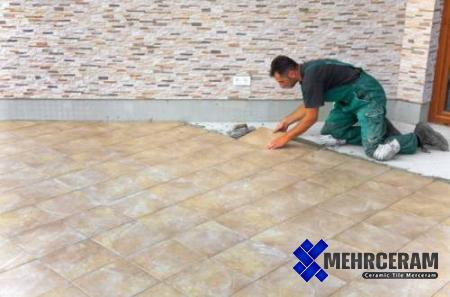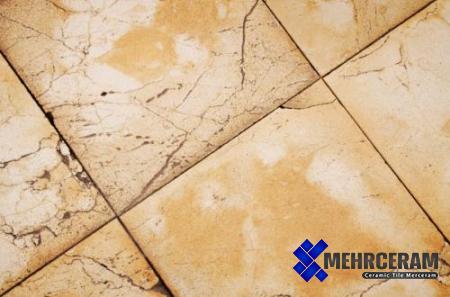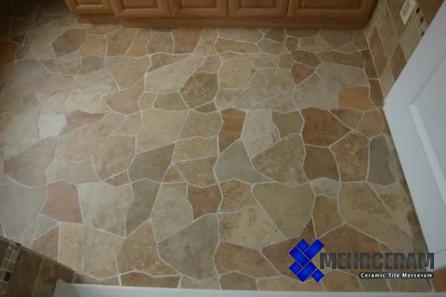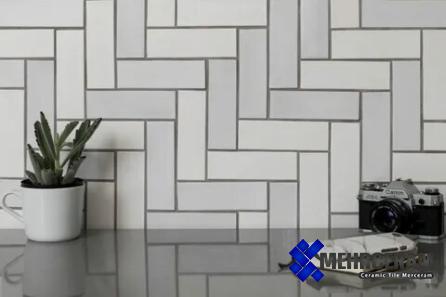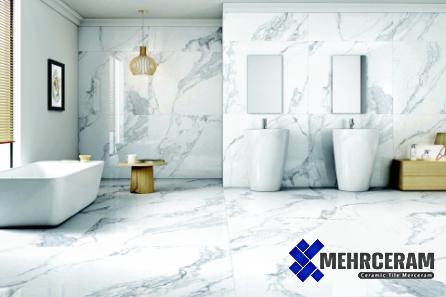Buy All Kinds of antibacterial tiles At The Best Price
Hospital porcelain tiles are comprised of a combination of clay, granite, and silica is produced under high pressure and temperature and is impurity-free
Hospitals are exposed to bacteria, thus their ceramic tiles must be antibacterial
Porcelain ceramics are hence the best choice for hospital ceramics
Special hospital tiles that are fragile and damaged by washing or abrasion have recently been treated with antibacterial sprays and coatings to prevent the growth of bacteria
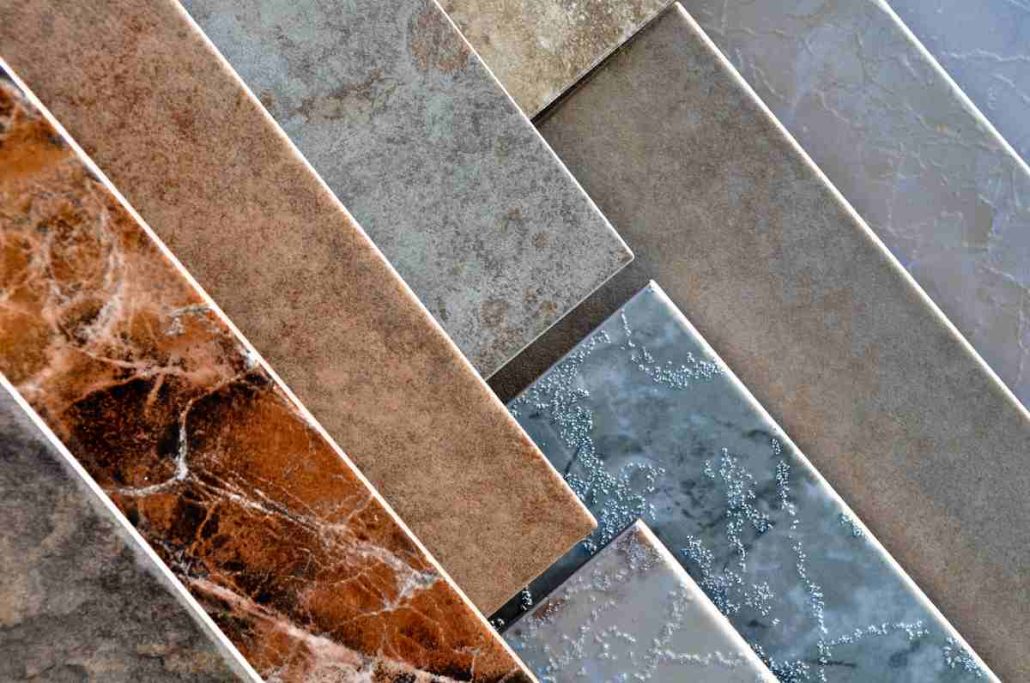
The quality and materials of hospital ceramics set them apart from other ceramics
Hospital ceramics are made in an antibacterial form since they must work in hygienic settings
Due to the frequent usage in these areas, hospital porcelain also has to be very resilient
Hospital ceramics must also be made in a way that prevents chemical reactions
Ceramics used in hospitals are comprised of composite materials and need little maintenance
In a hospital, porcelain ceramic is ideal since the raw elements are cooked uniformly in the tile
White clay has been developed and used to make hospital porcelain ceramic tiles
The soils used to make porcelain ceramics are extremely pure, and larger densities of ceramics are created as a result
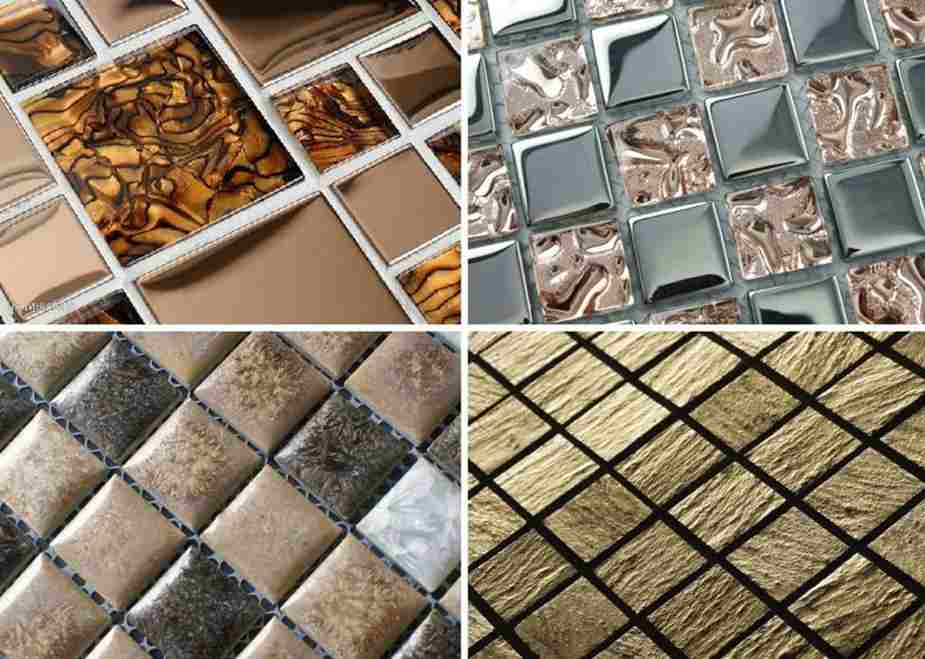
antibacterial tiles for hospitals
Antibacterial ceramic tiles are commonly used in medical facilities such as clinics and hospitals, particularly in operating rooms that must undergo routine cleaning and disinfection
This helps to ensure that patients receive the best possible treatment and care
Antibacterial tiles are made using a glaze that contains silver as the primary ingredient, and this glaze is employed in the production process
This antibacterial coating is obviously made up of a combination of a variety of components, including magnetite, copper, and zinc oxide, amongst others
These particles are able to permeate the structure that has been polluted and stop the spread of the contamination
The antibacterial and antibacterial activity of the compounds in question may be carried out without the aid of a catalytic reaction, and they also have the capacity to eliminate bacteria and bacteria that are present on the surface
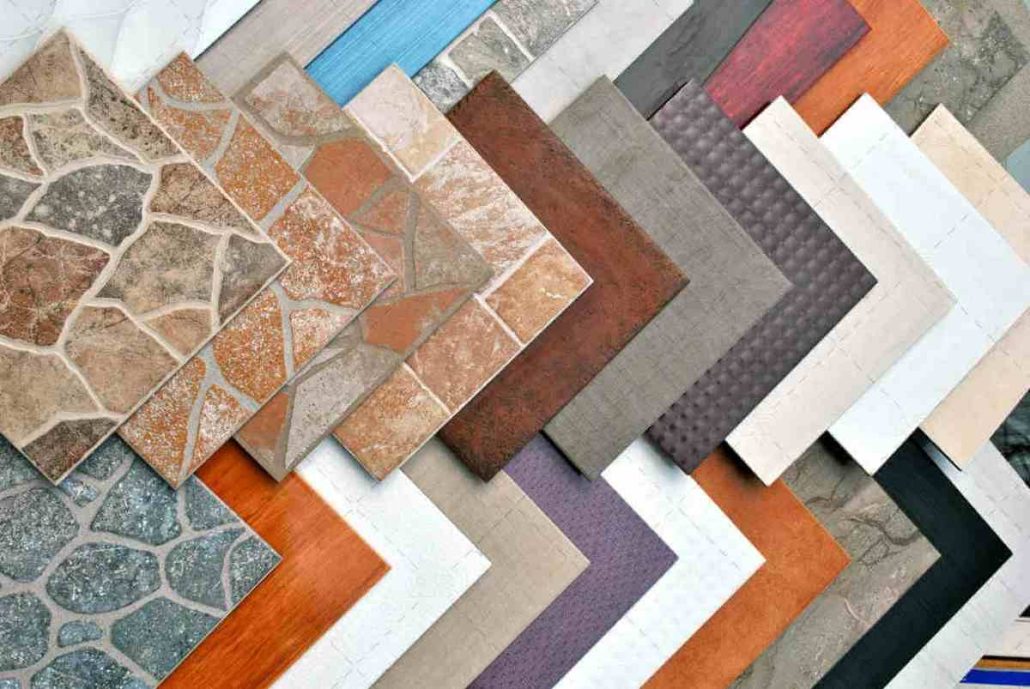
Antibacterial glazes contain bactericidal capabilities that last for a specific amount of time and depending on the quality of the glaze, they have a useful life that lasts for a certain amount of time as well
As a result, you cannot anticipate that this functionality will continue to exist indefinitely
The manufacturing of these tiles and ceramics utilizes a wide variety of chemicals, which contribute to their exceptional durability, the ability to preserve their look over extended periods of time, and resistance to corrosion and erosion over the course of time
It’s possible that purchasers are given the impression that the amount of chemicals employed in the production of antibacterial tiles is unsafe for human beings
Nanoscale engineering and testing procedures assure that these materials never threaten human health, so there’s no need to worry
You may use it with great confidence in hospitals
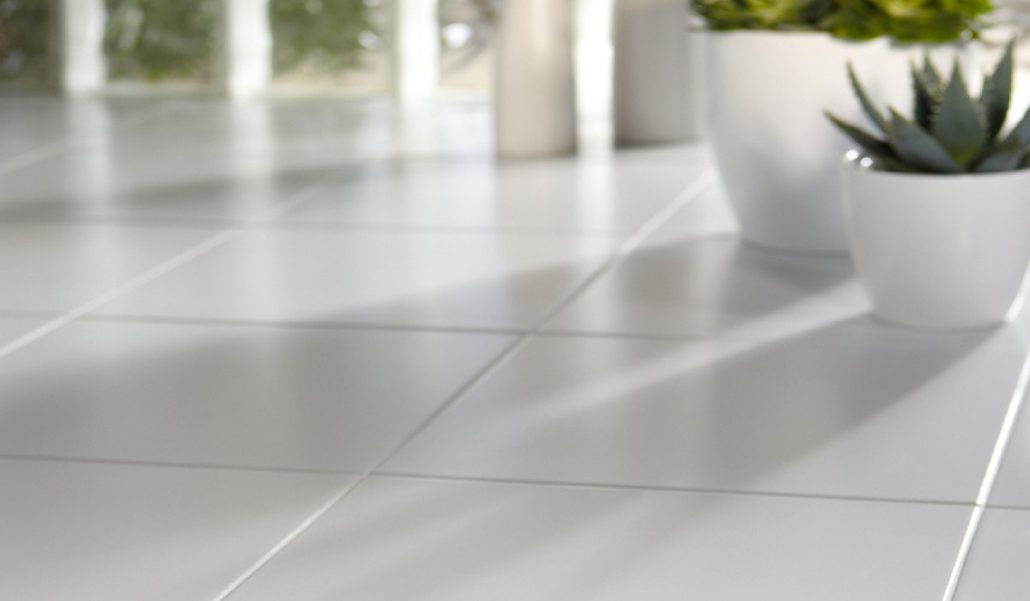
antibacterial bathroom tiles
Antibacterial tiles can combat all types of germs and viruses and are appropriate for use in the bathroom thanks to a specially formulated coating
When harmful microbes adhere to a surface in a number of ways, they can be physically, chemically, or biologically inhibited or reduced in development by antibacterial surfaces
A tile surface that physically impacts germs, or one that is covered with poisonous chemicals, polymer compounds, and polypeptide chains for microbes, can have an antibacterial effect
Antibacterial tiles cannot kill viruses or bacteria, but by using the strength of their particular structure, they can harm the germs and eventually cause deterioration or death
The fact that this sort of tile offers a pollution-free atmosphere is its main benefit
All varieties of Gram-positive and Gram-negative bacteria, fungi, and viruses can be effectively eliminated using antibacterial tiles
On the other hand, antibacterial tiles provide enormous benefits when used in bathrooms since they are water repellent, which means they accumulate less dirt and are cleaner than they were in the past
This makes them an excellent choice for use in these environments
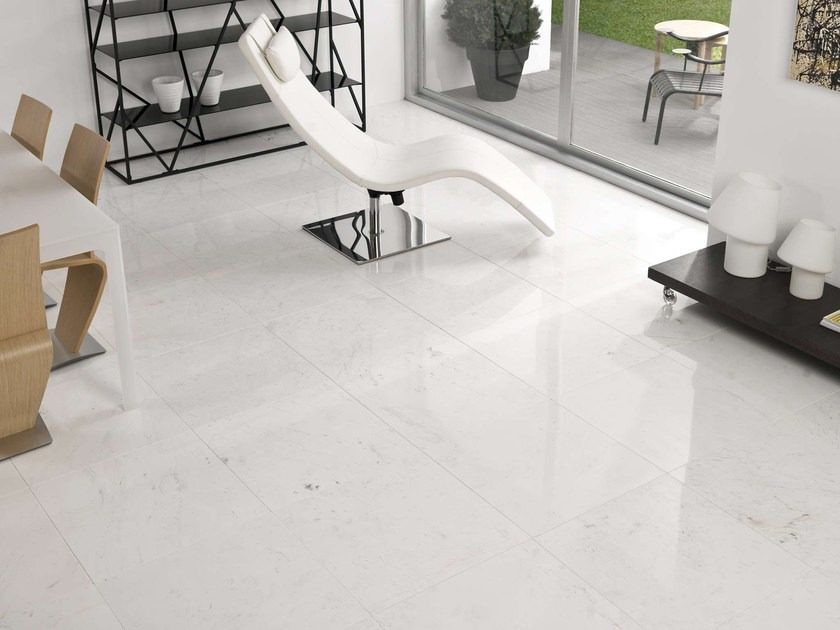
The fact that antibacterial tiles are treated products means that they can withstand abrasion and scratching without being damaged
Because the antibacterial protective
coatings that are available on this kind of tile are resistant to all different kinds of cleaning chemicals and detergents, you do not need to be concerned about resistance
antimicrobial tile
Many sectors’ growth in recent decades has benefited the tile and ceramic business
Ceramics and tiles that weren’t antibacterial were sources of microbial and viral buildup
When contaminated air, tools, and items came into touch with ceramic and tile surfaces, the contamination quickly spread and caused the development of several illnesses
Antibacterial ceramics and tiles have finally been created and released onto the market thanks to the efforts of professionals and researchers
This is a noteworthy accomplishment for the sector during the past ten years
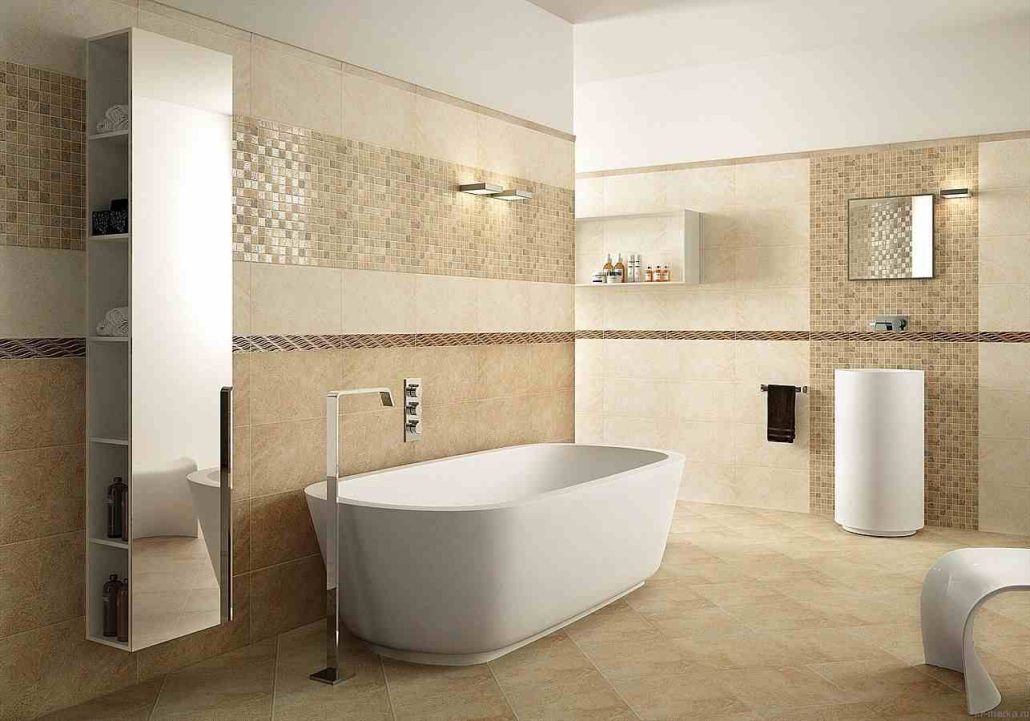
This kind of tile is typically used in public spaces, particularly in hospitals, although there are no limits and it may also be used in private residences
One of the technological wonders of the business is antibacterial ceramic and tiles
Antibacterial glazing protects the environment from contamination by viruses, bacteria, and other microbes
Hospitals, medical and treatment facilities, geriatric care facilities, sports clubs, public health services, kindergartens, and educational institutions—all of which can utilize this sort of ceramic tile inside—should pay close attention to this issue
Higher costs than conventional tiles and ceramics can be justified given the numerous advantages of employing them and the building methods employed
Naturally, keep in mind that utilizing this particular form of ceramic tile might significantly reduce your cleaning expenses
So don’t be hesitant to get antibacterial ceramic tiles if you have any reservations
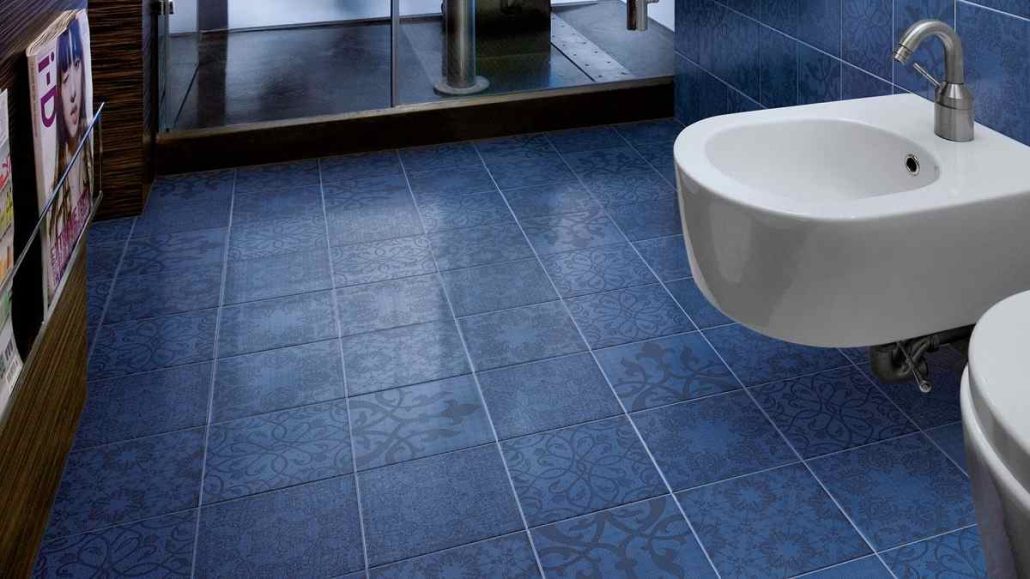
rak ceramics tiles
One of the most well-known, well-liked, and significant ceramics tiles brands in the world is Rak
With an annual production of more than 10 million square meters of tile, the Rak Ceramic Tile Factory is one of the top 16 manufacturers in the United Arab Emirates, India, Bangladesh, and Iran
Rak Ceramic Tile Factory, which is based in the United Arab Emirates, provides products to clients in more than 150 nations through a network of sales offices in Europe, the Middle East, North Africa, Asia, the Americas, and Australia
15,000 workers
There are 40 different nationalities working in this enormous plant
Your preferences will determine the color and style of the lock
The well-known attitude of Rak Ceramics and TileFactory is to respect, inspire, enrich, and provide the goods that we create, and to pay attention to every detail, no matter how minute it may be
This applies regardless of the aim or any potential obstacles that may arise
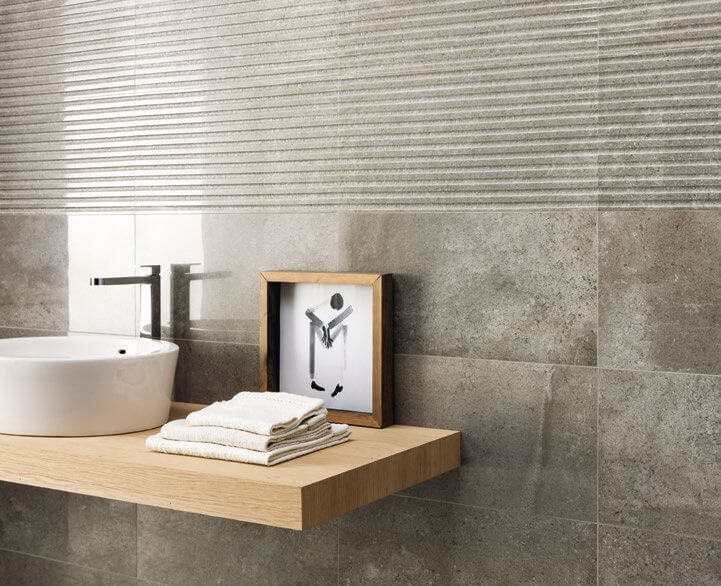
is porcelain antibacterial Because they do not provide a favorable surface for mites, germs, fungus, molds, and other irritants, porcelain tiles have a compact, non-porous surface, are entirely waterproof, and are antibacterial
One of the cleanest building materials is porcelain tile, which is fully dry and unsuitable for bacterial development of any type
Because of this, it is advised to use it even in settings that have strict requirements for hygiene
There are no volatile organic chemicals in porcelain tiles (VOCs)
When a product is burnt for a prolonged length of time above 1200 degrees Celsius, organic residues are removed from the product, which can result in volatile organic compounds (VOCs) that can be dangerous to people and the environment
In contrast to other types of flooring, such as vinyl, plastic, and petroleum derivatives, porcelain tiles do not contain formaldehyde, which is one of the most common pollutants and may be a contributor to poor indoor air quality as well as respiratory problems
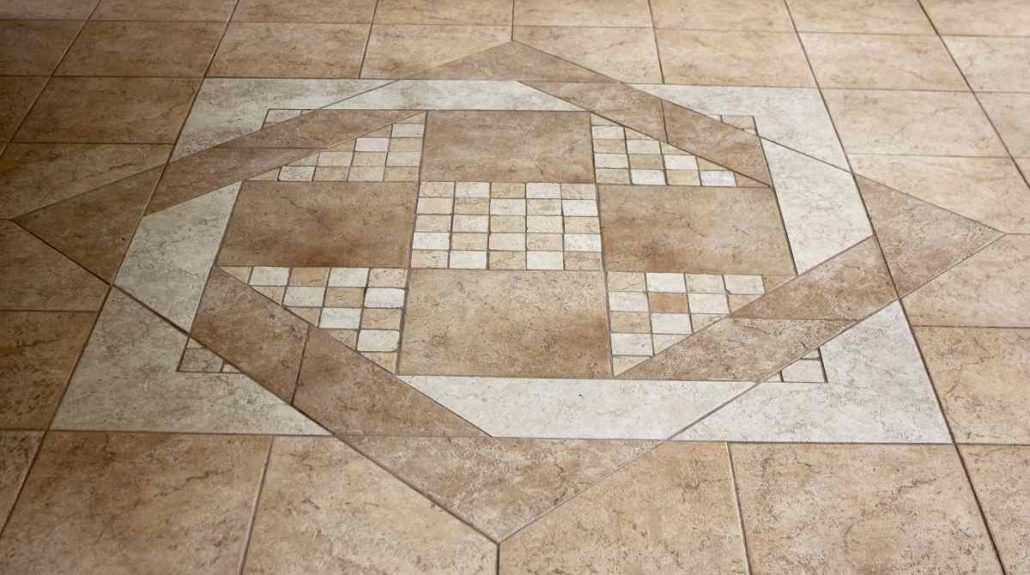
rak ceramics outdoor wall tiles
In the tile and ceramic sector, Ceramic Lock is a venerable and significant global trademark
The rak company creates a variety of ceramic tiles for use indoor and outdoor wall and floor tiles
The company’s facility, which is situated in the United Arab Emirates, is today regarded as one of the biggest producers in the sector
With operations in Bangladesh, Iran, Australia, Singapore, India, and various European nations in addition to the UAE, Ceramic Lock employs 15,000 people and produces 110 million square meters of tiles and ceramics annually
It exists
Porcelain ceramics, wall tiles, kitchen sinks, and bathroom accessories are Ceramic Lock’s main product lines
In order to launch international operations, a branch office was formed in Bangladesh about 2000 after this factory’s formal opening in Ras Al Khaimah in 1989
The Rock Ceramic Factory has manufactured 1 billion square meters of ceramic tiles since its founding in 2012 for use in several projects
